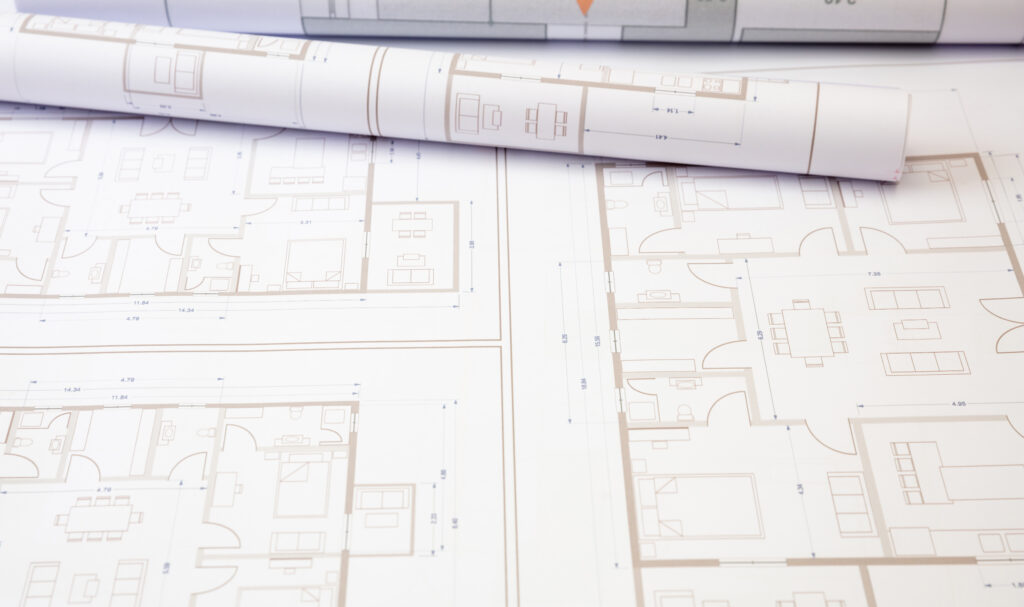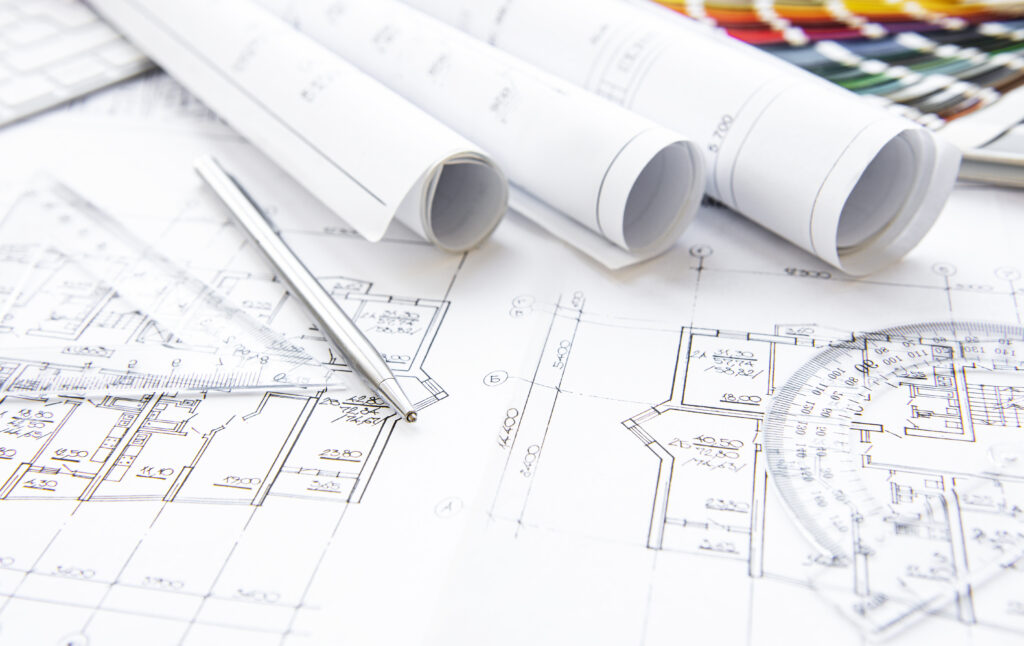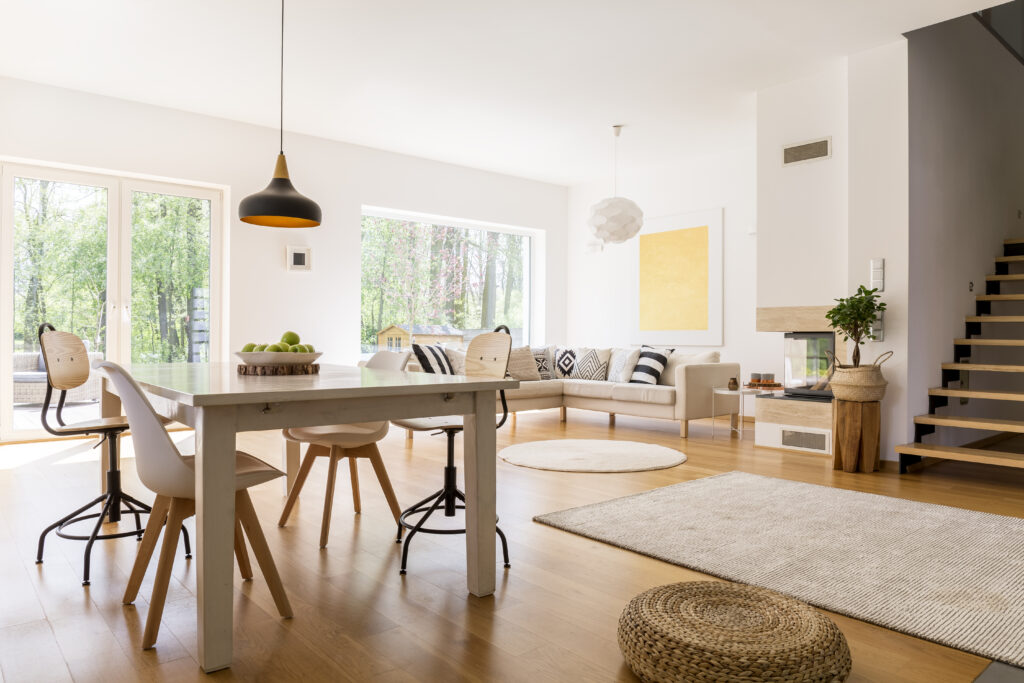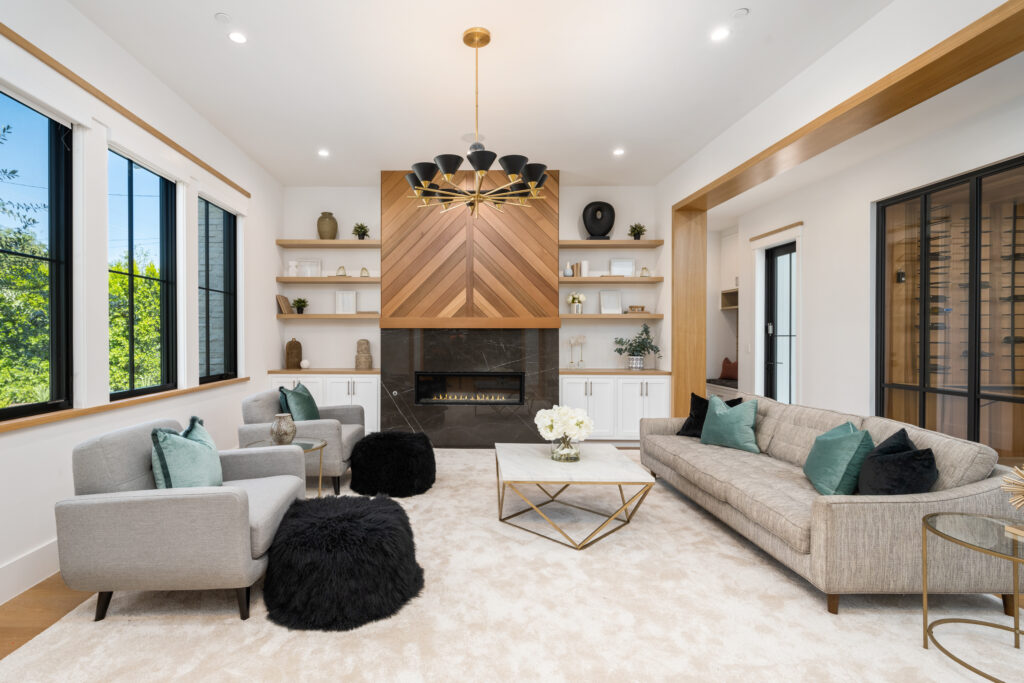An impending home renovation brings a unique wave of excitement. It’s a chance to finally build the open-concept kitchen you’ve dreamed of, to add a much-needed second bathroom, or to transform an outdated basement into a vibrant family hub. The process is filled with possibility, the promise of a home that not only looks better but functions more harmoniously with your family’s lifestyle. This initial phase of dreaming and gathering inspiration is an exhilarating start to a rewarding journey.
However, the path from that initial spark of an idea to the final, beautiful result is paved with countless decisions, logistical challenges, and financial considerations. The difference between a renovation that is a smooth, exciting process and one that becomes a source of stress and regret almost always comes down to one thing: meticulous upfront planning. Taking the time to prepare thoroughly before the first hammer swings is the single most important investment you can make in your project’s success. As Joplin, Missouri’s trusted building partner, GRC Construction has guided countless homeowners through this process. We’ve created this comprehensive checklist to help you navigate the critical steps that ensure your home renovation is a resounding success.
Define Your Vision and Solidify Your Goals
Before you can think about materials or contractors, you must first have a crystal-clear understanding of what you want to achieve and, more importantly, why. A successful renovation begins with a well-defined purpose that will become the guiding principle for every subsequent decision. Ask yourself if you are remodeling to create better workflow and storage for your growing family, to design a spa-like retreat for relaxation, or primarily to increase your home’s resale value. It’s also crucial to think about your long-term plans; if you intend to stay in your home for the next twenty years, your choices might be more personalized, whereas a plan to sell within five years might lead to decisions with broader appeal. To bring this vision to life, begin gathering inspiration by creating a digital scrapbook on a platform like Pinterest or Houzz, or by clipping images from magazines. This visual collection will be an invaluable tool for communicating your desired aesthetic to your designer and contractor. As you do this, make a clear, written list of your “must-haves”, the non-negotiable elements of the project, and a separate list of “nice-to-haves” that you can incorporate if the budget allows. This act of translating vague desires into a tangible and concrete vision is the foundational first step of any successful project.
Establish a Realistic and Comprehensive Budget
A well-planned budget is the most critical tool for keeping your renovation on track and preventing financial stress. The process begins by determining a realistic top-line number you are comfortable investing, being honest with yourself about your finances and what you can truly afford. While the majority of this figure will be allocated to the primary costs of labor and materials, one of an experienced renovator’s most important rules is to plan for the unexpected by building a contingency fund directly into your budget. This fund, typically between 10% and 20% of your total estimated construction cost (with 20% being wise for older Joplin homes), is a dedicated safety net for unforeseen problems like outdated wiring or hidden plumbing leaks, preventing a small surprise from derailing your entire project. Furthermore, it’s essential to think beyond the construction contract and budget for secondary “soft costs” that homeowners often forget. These can include the expense of storing furniture, the cost of boarding pets, or an increased budget for dining out if your kitchen will be out of commission for several weeks. Factoring in all these elements provides a much more accurate picture of the total financial commitment and ensures you are prepared for every aspect of the project.
Research and Select the Right Construction Partner
The single most important decision you will make during your renovation is choosing the right contractor to bring your vision to life, as this is about selecting a trusted partner, not just a laborer. Begin your search by gathering recommendations from friends and family, then supplement this with online research and lists from local professional organizations to create a shortlist of potential builders. The vetting process that follows is crucial; first, verify that each contractor holds the proper licensing and insurance required to operate in Joplin, including both general liability insurance to protect your property and worker’s compensation insurance to protect you from liability. Diligently check references by speaking to former clients about the quality of the work, the effectiveness of communication, and whether the project stayed on schedule and on budget. Whenever possible, ask to see examples of their completed projects in person. Ultimately, you are entering into a significant professional relationship, so you must choose a contractor like GRC Construction with whom you feel comfortable and whose communication style aligns with yours, ensuring a collaborative spirit that is just as important as technical skill.
Develop a Detailed Scope of Work
Before you can get accurate, comparable bids for your project, you need a detailed Scope of Work to serve as the official roadmap for your renovation. This document translates your vision into a technical plan that outlines every task, material, and expectation in clear, unambiguous language. A vague scope will inevitably lead to vague bids and opens the door for misunderstandings and “scope creep”, the slow addition of unplanned work that can inflate your budget and extend your timeline. A comprehensive Scope of Work should include specifics for every aspect of the project, from the manufacturer and style of cabinets to demolition requirements, structural changes, plumbing and electrical layouts, flooring types, and even the level of site cleanup expected. Creating this document is essential for ensuring that when you receive bids from different companies, you are comparing apples to apples, as each one is based on the exact same set of detailed requirements, which is the only way to make a truly informed decision.
Secure Necessary Financing
With a realistic budget and a detailed scope of work in hand, you will have a clear idea of how much your renovation will cost, making this the logical time to secure the funds to pay for it. For many homeowners, this involves obtaining financing through several common options, each with distinct advantages. A home equity loan provides a lump-sum payment with a fixed interest rate, which is ideal for a project with a clearly defined cost, while a Home Equity Line of Credit (HELOC) functions more like a credit card, allowing you to draw funds as needed for projects with a less certain final cost. It is highly advisable to secure pre-approval for your chosen financing method before you sign a contract with a builder. This not only gives you firm knowledge of what you can afford but also demonstrates to your contractor that you are a serious and prepared client. Having your financing in place before the project begins ensures that once a contract is signed, work can commence without any financial delays, keeping your project on its intended schedule from day one.

Investigate Local Permits and Zoning Regulations
Navigating building codes and permit requirements is a critical and often underestimated part of the pre-renovation process that ensures the safety and long-term value of your home. Building permits are not simply bureaucratic red tape; they are a crucial system of checks and balances designed to ensure that all construction work is performed safely and meets the established building codes for Joplin. Most renovation projects that involve more than simple cosmetic changes, such as any work that alters your home’s structure, changes its footprint, or involves significant modifications to the electrical or plumbing systems, will require a permit. Failing to obtain one can result in fines, forced removal of completed work, and major complications when you eventually sell your home. Fortunately, an experienced and reputable general contractor like GRC Construction will be deeply familiar with these local regulations and will manage the entire permitting process on your behalf, from submitting the plans to scheduling the necessary inspections, relieving you of this complex but essential task.
Plan for Your Life During the Renovation
A home renovation, by its nature, is disruptive to your daily routine, but planning ahead for this disruption can make the entire experience significantly more manageable and less stressful for your family. If the renovation is extensive, such as a full kitchen remodel, you will need to think about how you will handle daily tasks, which might involve setting up a temporary kitchen in another part of the house with a microwave and a mini-fridge, or even arranging for temporary alternative housing for longer projects. Logistics for your family, including the safety of pets and children around a potentially hazardous construction site, must also be considered. It is essential to discuss the daily schedule with your contractor to know when the crew will arrive and depart, allowing you to plan your own routine. Establishing a single point of contact and a preferred method of communication, whether it’s a daily text, a weekly email, or a standing meeting, ensures you stay informed and that any questions or concerns can be addressed promptly throughout the construction process.
Finalize Your Design and Material Selections
One of the most common causes of project delays and budget overruns is indecision about finishes and materials after the work has already begun, making it essential to finalize these choices during the planning phase. This goes beyond the big-picture design and delves into the specific products that will be installed in your home, and you should have your final selections made for all major components before demolition starts. This includes finalizing cabinet styles and finishes, choosing your exact countertops, selecting tile, picking out flooring materials, and deciding on all your plumbing and light fixtures. Many of these items, particularly custom cabinetry, specialty tile, and certain appliances, can have long lead times for delivery. Ordering them well in advance is a critical step that ensures they are on-site when the construction schedule requires them, preventing a frustrating and costly delay where all work has to stop while the crew waits for a crucial part to arrive.
Review and Sign a Detailed Contract
The construction contract is the single most important document in your renovation project, serving as the legally binding agreement that protects both you and your contractor. Never move forward with a project on the basis of a verbal agreement; a professional, thorough contract is the hallmark of a trustworthy builder. Before you sign, read the document carefully and ensure it contains several key elements, including the full names and contact information for both parties, a direct reference to the detailed Scope of Work, and the total cost of the project broken down into a clear payment schedule. The contract should also specify a projected start date and a target completion date. Crucially, it must also outline the official process for handling change orders, the formal procedure for documenting and approving any changes to the original plan, including their impact on cost and schedule. Do not hesitate to ask your contractor questions about any clause you don’t fully understand, as signing the document signifies complete alignment and protects both parties.
Prepare the Work Area and Your Home
With the contracts signed and a start date on the calendar, the final step is to physically prepare your home for the construction crew’s arrival. The first task is to completely clear out the renovation zone by removing all furniture, artwork, rugs, and personal belongings, and it’s often a good idea to rent a portable storage unit to keep these items safe and clean. You should also pack away valuables and fragile items, even those in adjacent rooms, to protect them from accidental damage from vibrations or dust. The second part of preparation involves protecting the rest of your home from the inevitable dust and debris that construction creates. While your contractor will take measures, you can add another layer of protection by covering furniture in non-renovation areas with plastic sheeting and protecting flooring along the paths the crew will use. Discussing dust containment strategies with your contractor, such as sealing off doorways with plastic barriers, will help make the renovation process cleaner and safeguard your home and belongings.
Embarking on a home renovation is a significant undertaking, but it does not have to be an overwhelming one. By methodically working through these preparatory steps, from defining your vision and setting a solid budget to selecting the right partner and finalizing every detail, you transform a complex process into a manageable and predictable journey. This diligent planning is the bedrock of a successful project, ensuring your renovation stays on track, on budget, and results in a space that you and your family will love for years to come.
At GRC Construction, we believe that a successful project is a collaborative one, built on a foundation of trust, clear communication, and expert guidance. We are dedicated to helping homeowners in Joplin and the surrounding communities navigate every phase of the renovation process with confidence. If you are ready to turn your renovation dreams into a reality, contact us today. Let’s start the conversation and build something beautiful together.






